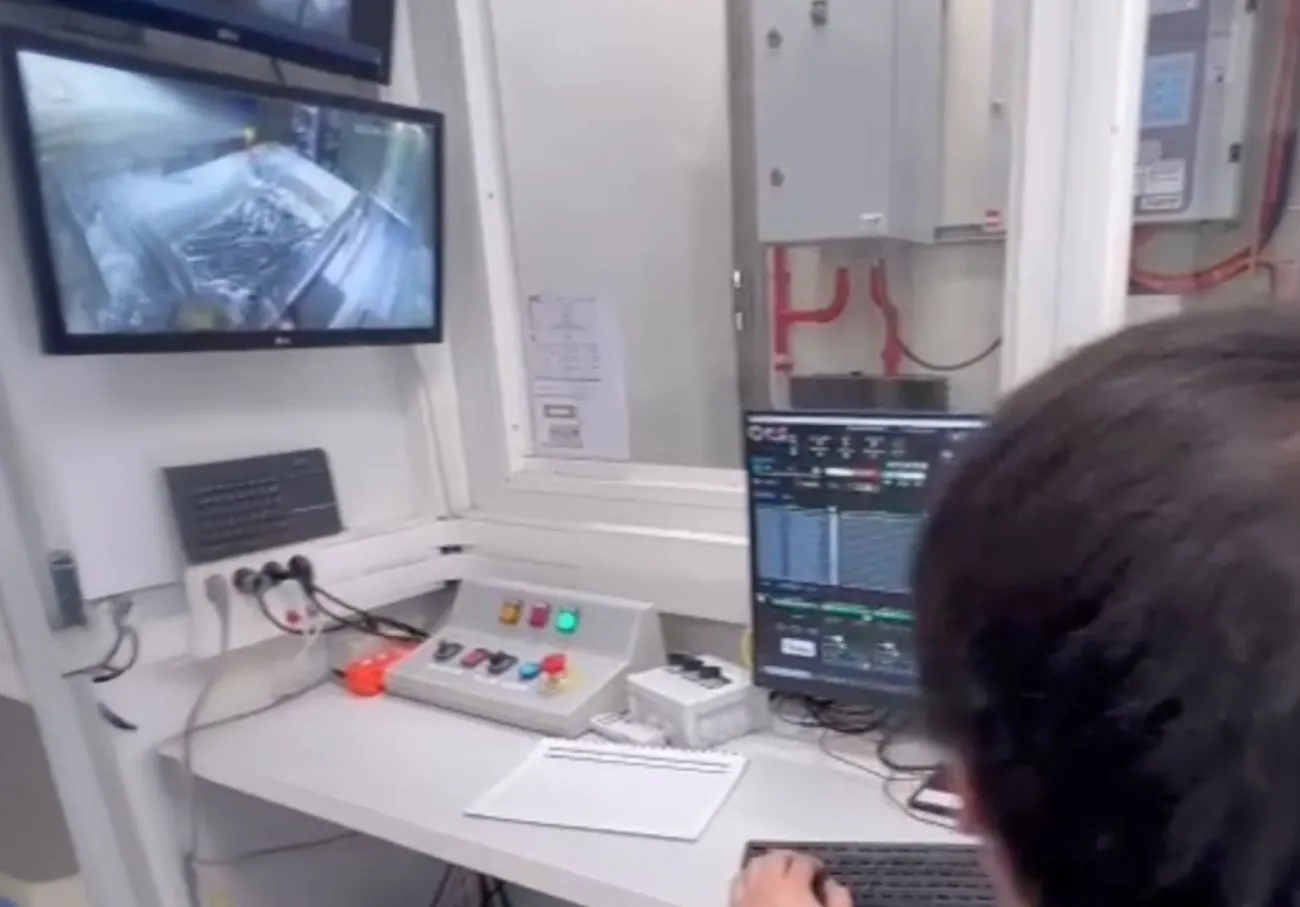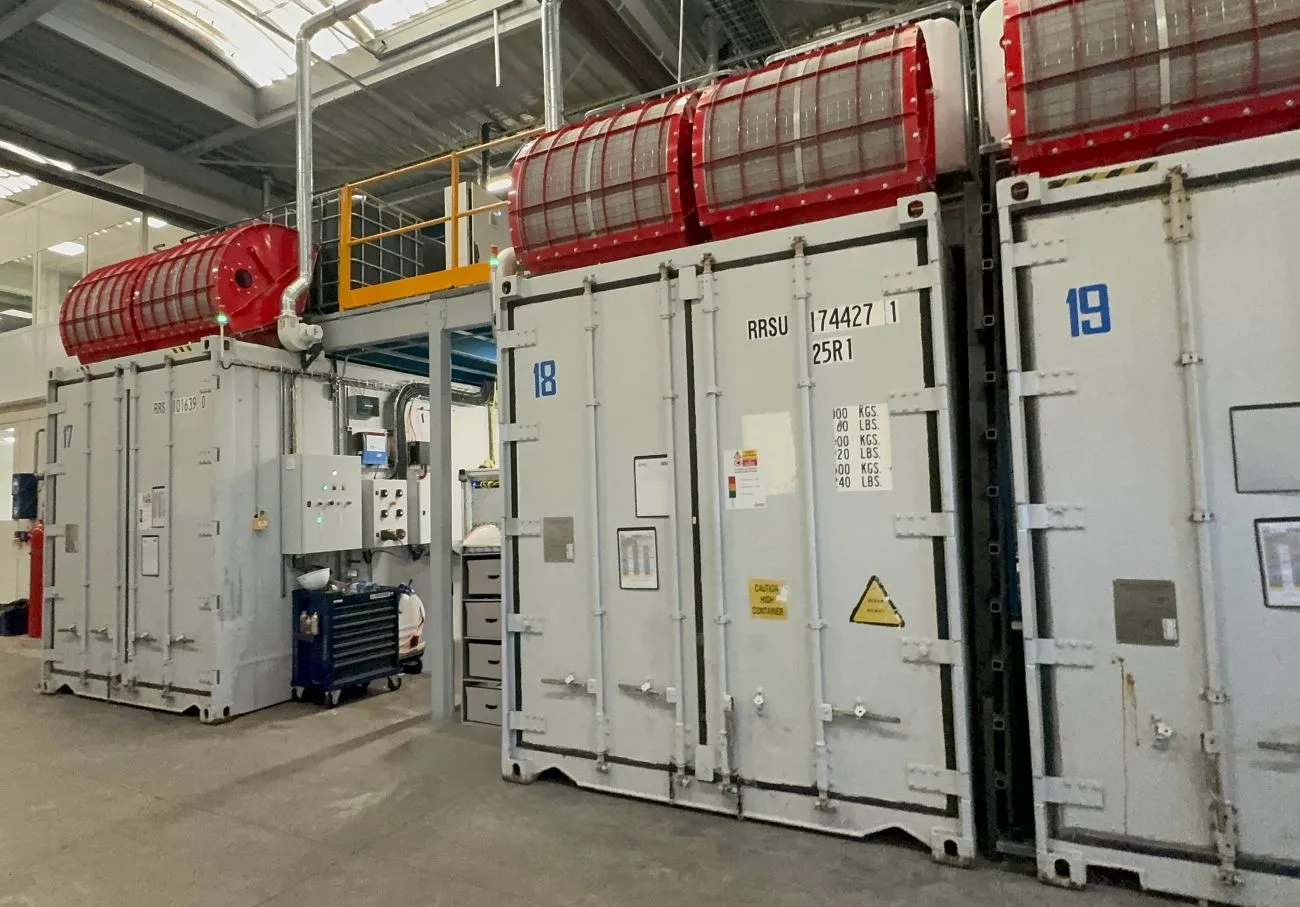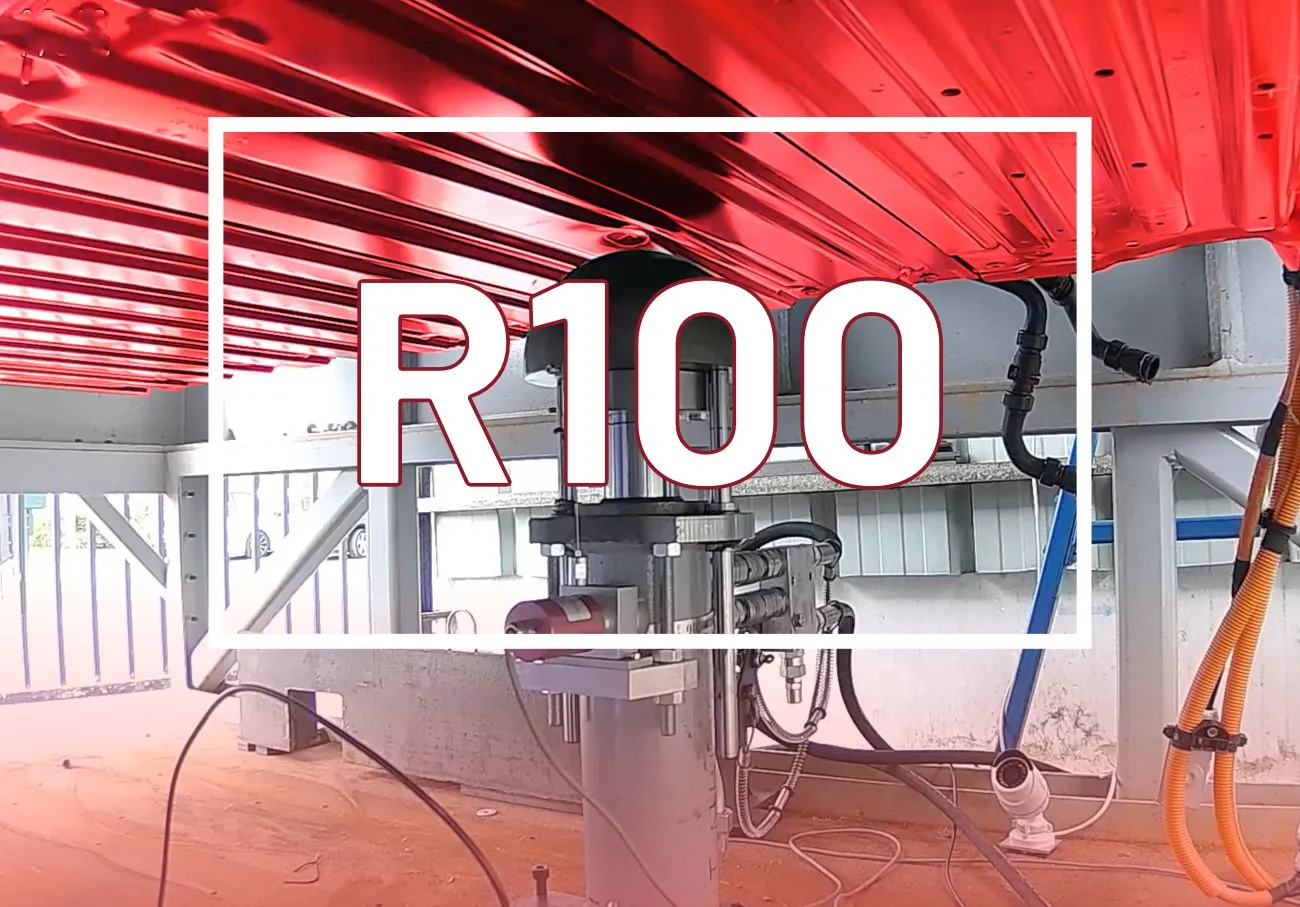Abusive electrical testing of batteries, modules and cells
Test your batteries under the most severe electrical conditions

Why are electrical tests classified as abusive?
- Thermal runaway,
- Chemical or physical deterioration,
- Irreversible loss of capacity,
- An explosion or gas release.
What standards and benchmarks are covered?
UN 38.3 (T.7 and T.8 tests)
R100 (electrical safety of traction batteries)
UL 2580, UL 1973, IEC 62660, ISO 12405
The types of tests proposed for abusive electrical testing
Overload
- Load beyond rated voltage or current capacity.
- Monitoring of temperature, gases and mechanical integrity.
- Validate triggering of passive or active safety devices (BMS, fuses, valves).
Overload
- Excessive discharge below critical voltage threshold.
- Simulation of a breakdown or prolonged misuse.
- Observation of chemical decomposition and internal short-circuit phenomena.
Specific severe cycles
- Accelerated repetition of charge/discharge cycles (stress test).
- Application of non-linear or asymmetric profiles.
- Analysis of capacity drift, internal resistance and temperature rise.
Talk to our battery abuse test experts
Our dedicated technical resources within the Emitech Group
- High-power cycling benches (up to 1000 V / 1000 A).
- Precision control of voltage, current and time.
- Synchronized acquisition of electrical and thermal parameters.
- Real-time monitoring of gases, temperature and deformation.
What guarantees of safety and supervision does the Emitech Group offer?
- Secure test cells with warning and extinguishing systems.
- Specific procedures for severe overloads or high-risk batteries.
- Automatic recording of critical events.
Why choose the Emitech Group for your abuse tests?
- In-depth expertise in electrical and BMS testing.
- Integration into global abuse test plans.
- Cycling resources can be customised to suit your profiles.
Needs
Discover a selection of additional resources that explore topics related to this page including regulatory contexts, technical articles, and specific areas of expertise. These materials provide further insight to help you better understand the key challenges and available solutions.
Contact us for a quote






